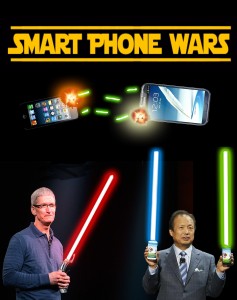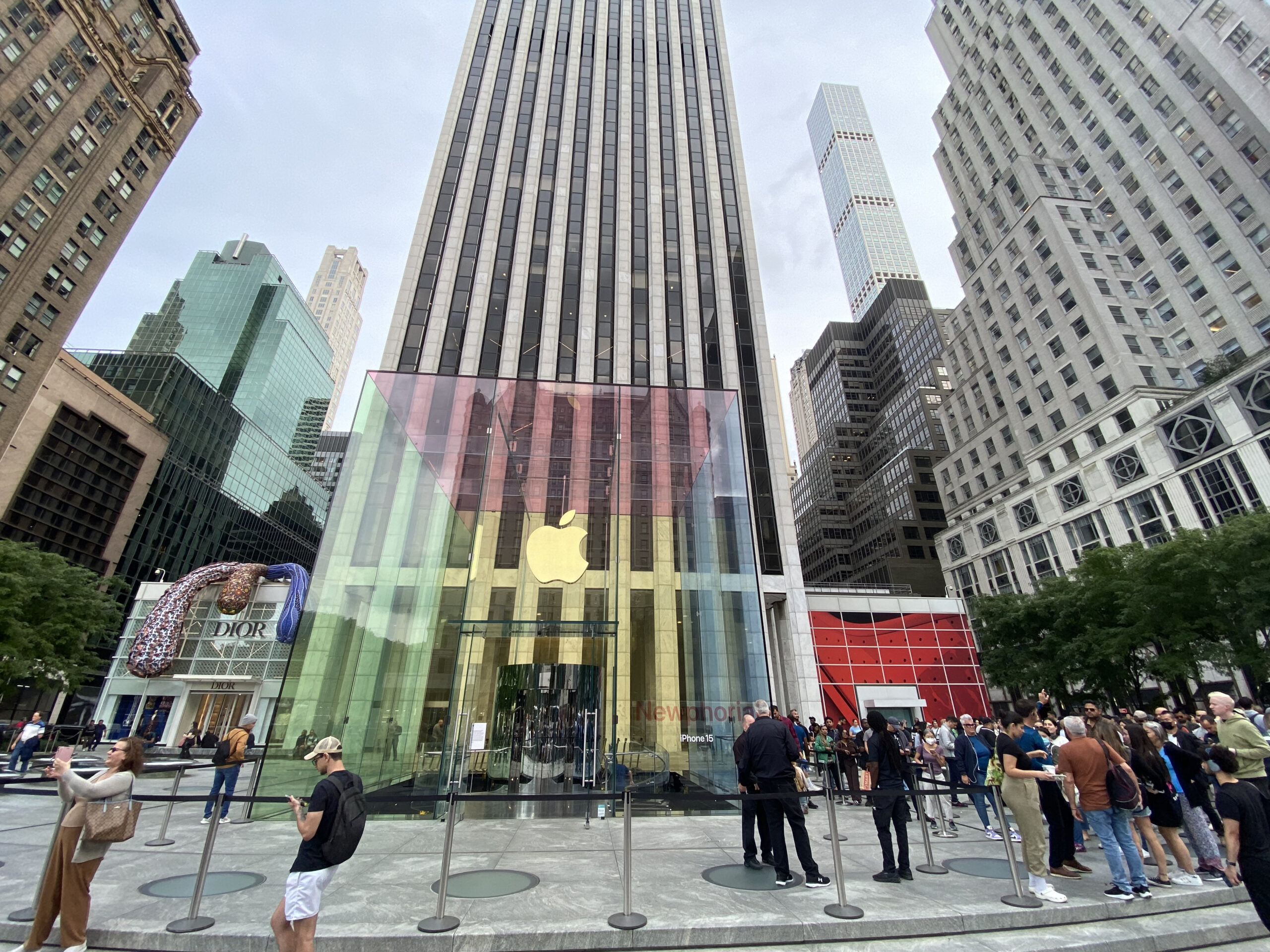Apple Wants to Compete on Patent Portfolio, Not Products
(Cross-posted from Patent Progress)
Apple has been an odd player in the patent debate. On the one hand, it’s the company that gets sued by patent trolls more than any other. As a result, it supports most of the patent reform bill, and Apple uses the Covered Business Method (CBM) program far more than any other company. (As of today, Apple has filed 17 CBM petitions, while the next biggest user of CBM, Liberty Insurance, has filed only 10 CBM petitions.)
On the other hand, Apple is using its own software patents to go after Samsung. And Apple strongly opposed any expansion of the CBM program, apparently for fear that Samsung might use it to challenge Apple’s patents.
This schizophrenic approach to patents might explain why Apple didn’t file an amicus brief in the Alice v. CLS Bank case: Apple is victimized by software patents more than anyone, but it needs its software patents to try to crush Android.
Apple’s whole approach seems strange. In its case against Samsung, Apple is demanding around $40 per phone, even though all the accused features are part of Android. Android is free. And the software patents Apple is using are questionable at best.
For example, Apple is claiming to own the entire concept of identifying useful information in text (like a phone number) and creating a hyperlink. That particular patent was filed in 1996, and only describes an implementation on a desktop computer. Mobile devices aren’t mentioned, although the claims are so generic as to cover any implementation for any purpose. The other patents-in-suit aren’t much better.
Is this really Apple trying to compete on features? I think it seems more like what concerned Justice Breyer at the Alice v. CLS Bank argument:
[I]nstead of having competition on price, service and better production methods, we’ll have competition on who has the best patent lawyer.
Whichever phone you prefer, it seems clear that Apple has a better patent portfolio, at least for litigation purposes. Samsung has a large number of standard essential patents; these are burdened by commitments to offer relatively cheap licenses compared to the exorbitant amount that Apple is demanding. Apple has broad (probably overbroad) software patents that cover generic features.
Samsung makes great phones that many people choose over Apple’s iPhone. That’s just the reality, and it isn’t because the phones are clones of iPhones. They’re not.
Apple makes great phones that many people choose over Samsung phones, even though Apple’s products are generally more expensive.
No one chooses a product based on the company’s patents. But if Apple wins its war against Android, it will be because it had better patent lawyers, not better phones.
Matt Levy is Patent Counsel at the Computer & Communications Industry Association.








